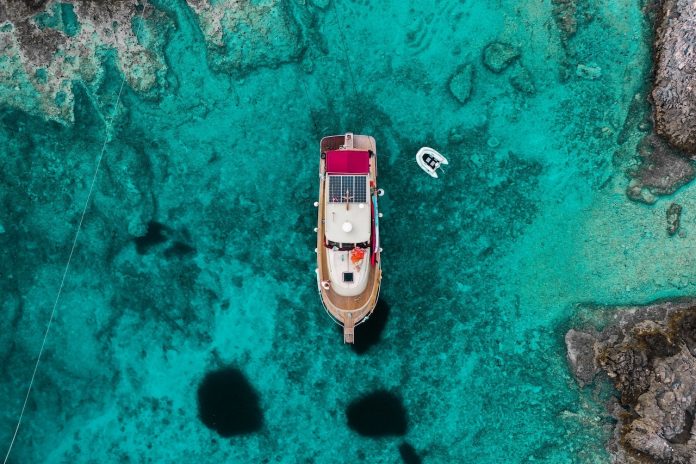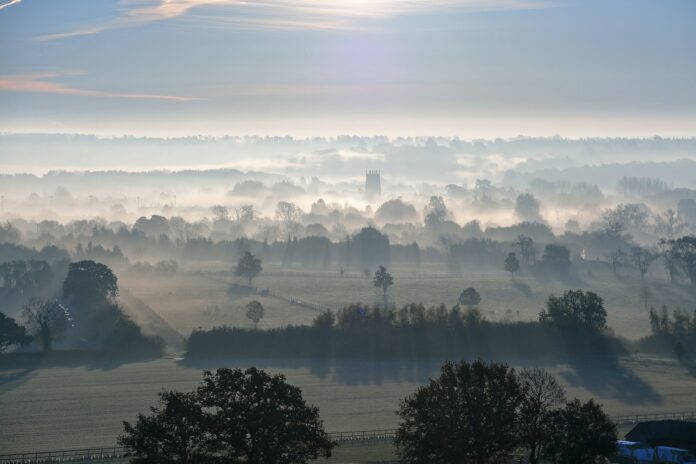From polar bears to pumas and puffins to penguins, there is no experience that can match the rush of adrenaline when witnessing wild animals in their natural habitat. The whoosh of water when a whale surfaces, the spectacle of a flying seabird and the piercing gaze of a wild cat or bear before they devour you…if you’re feeling a little low about the state of the planet, then it’s time to reconnect with nature and appreciate its unspoilt glory.
Here’s how; by visiting (virtually might be better, to be honest) these 10 of the world’s most diverse national parks for wildlife spotting.
Torres Del Paine National Park, Chile
If you’re looking for somewhere you can have the best wildlife holidays look no further than Torres del Paine National Park, in Chile. Covering a huge 250,000 hectares of land it experiences an average of 150,000 visitors every year.
The attractions here include Lago Grey’s blue icebergs, the Southern Patagonian Ice Field and a hugely diverse set of wildlife. The most distinctive feature of this park is the Paine Massif which showcases three peaks of granite rising 9,350 ft above sea level. Taking a nature trek into the wilderness to catch a glimpse of the park’s pumas is the best way to explore here.
Wild animals at this park: Huemul Deer, Foxes, Guanacos, Andean Condor, and Pumas
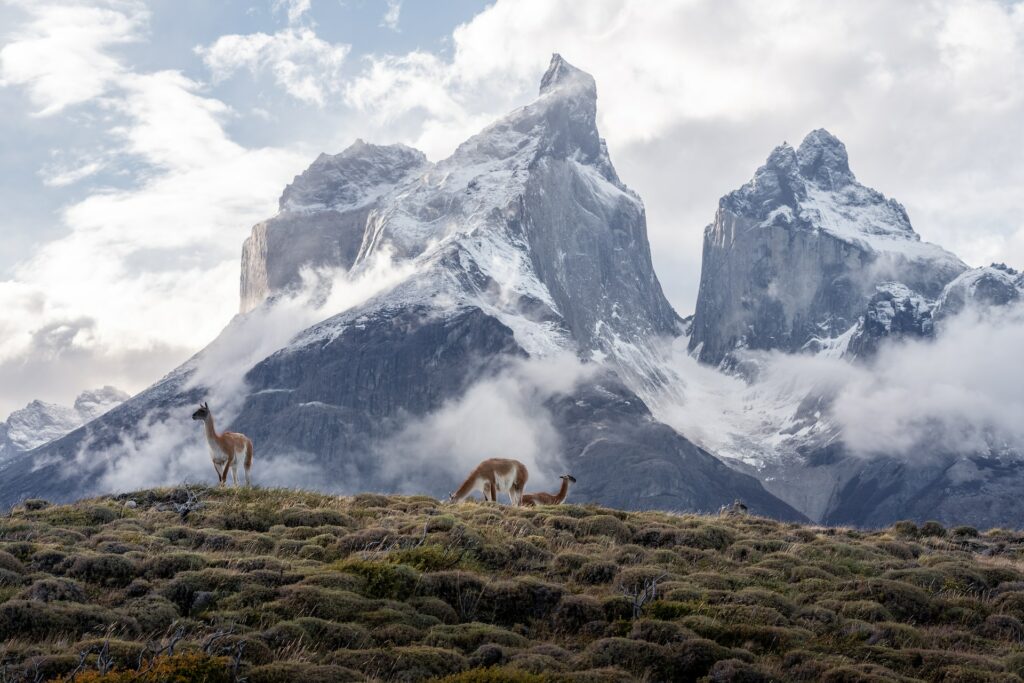
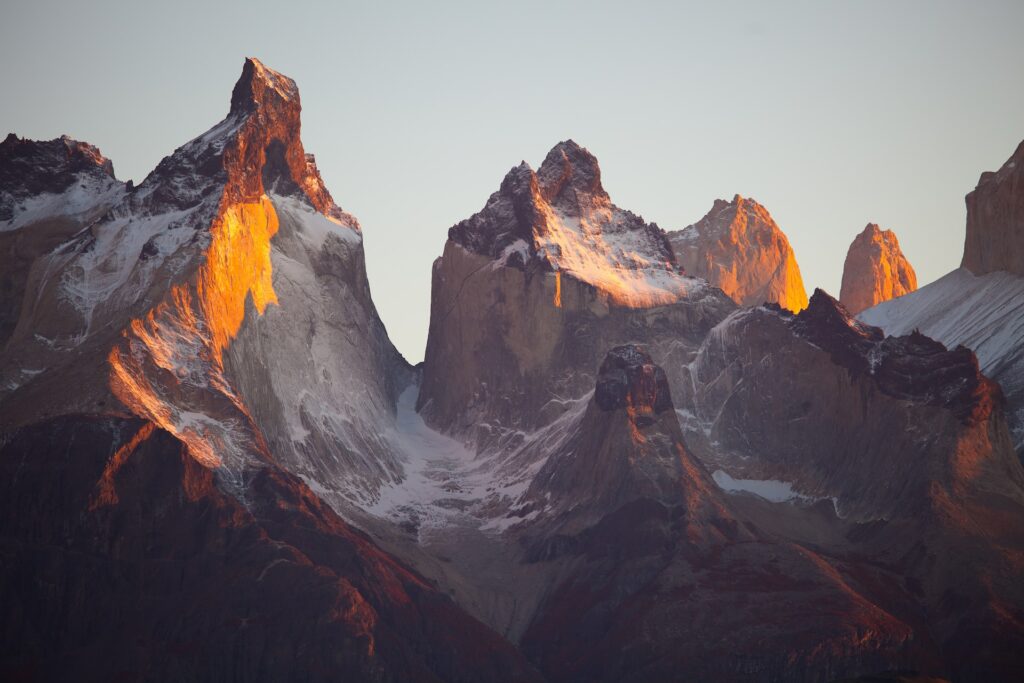
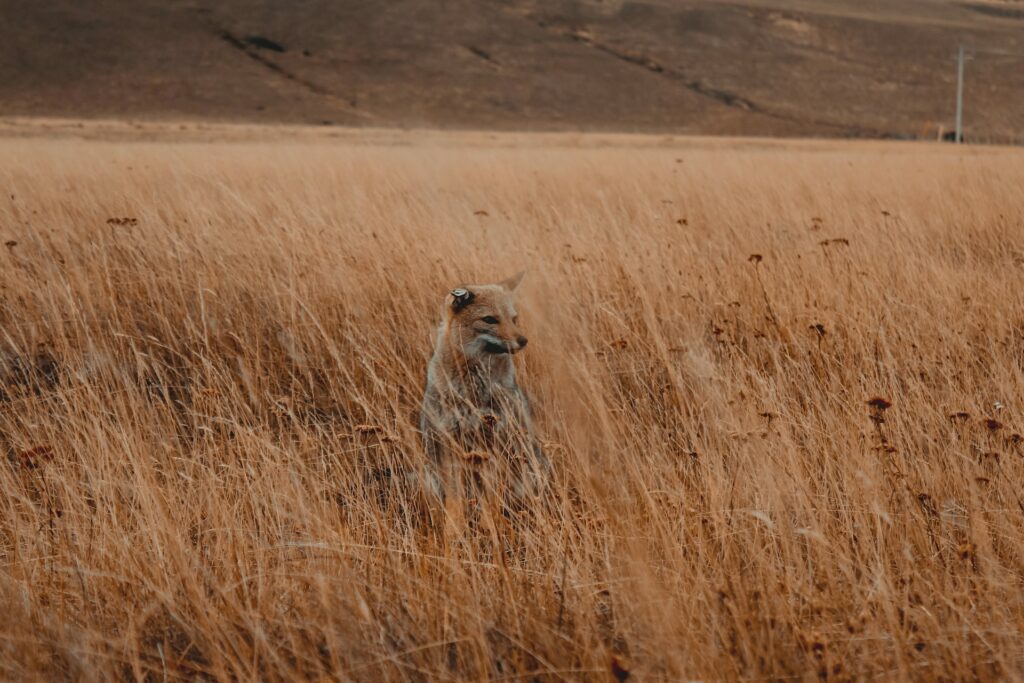
Corcovado National Park, Costa Rica
According to the National Geographic Channel, Corcovado is “the most biologically intense place on Earth in terms of biodiversity”. We couldn’t say it better. Indeed, Corcovado National Park encompasses around 164 square miles of landscape, making it the largest national reserve in Costa Rica. And that’s saying something.
Indeed, Costa Rica boasts loads of brilliant wildlife watching opportunities. The interiors of this park feature cloud and montane forest, mangrove swamp, and prairie. Such diversity of landscape leads to an unbelievable variety of wildlife. Go get it.
Wild animals at this park: Costa Rican monkeys, Anteaters, Sloths, Caiman, Collared Peccary, Poison Dart Frogs, Crocodiles, Jaguars, Baird’s Tapir, and Harpy Eagles.
Yellowstone National Park, USA
Yellowstone National Park is one of the oldest national parks in the USA and here you can spot iconic American mammals and a great variety of birds, too. Apart from all that wildlife, you can also enjoy the scenic beauty of the park; Yellowstone’s vast wilderness is set atop a volcanic hot spot and features alpine rivers, canyons, geysers, and hot springs.
Wild animals at this park: Wolves, Grizzly Bears, Black Bears, Bison, Mountain Goats, Deer, Pronghorn Antelope, Great Grey Owl, and Sage Grouse
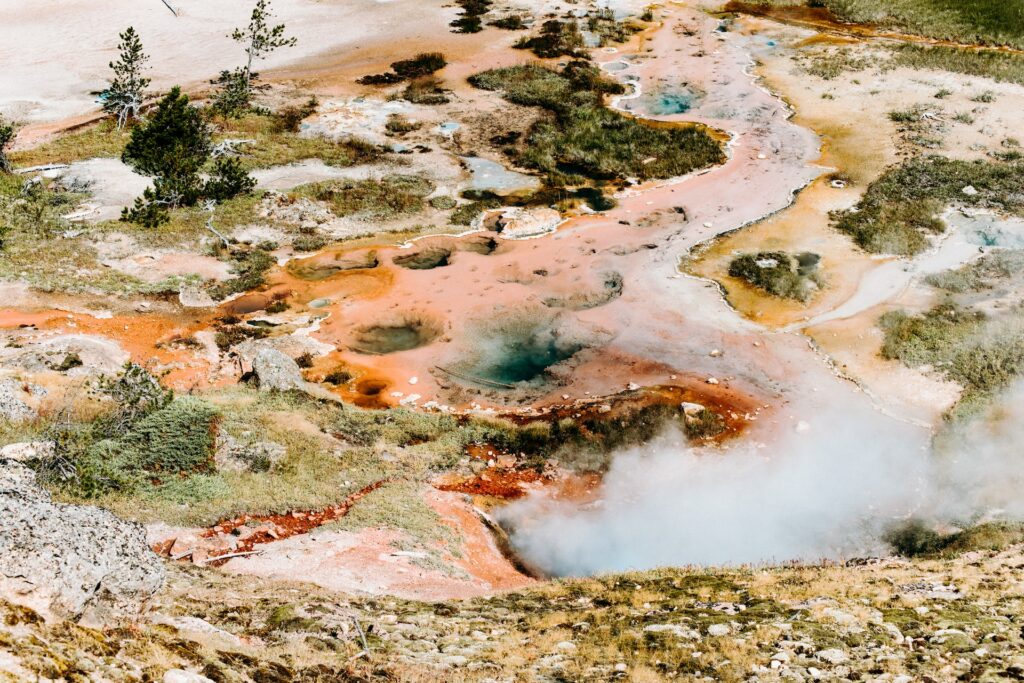
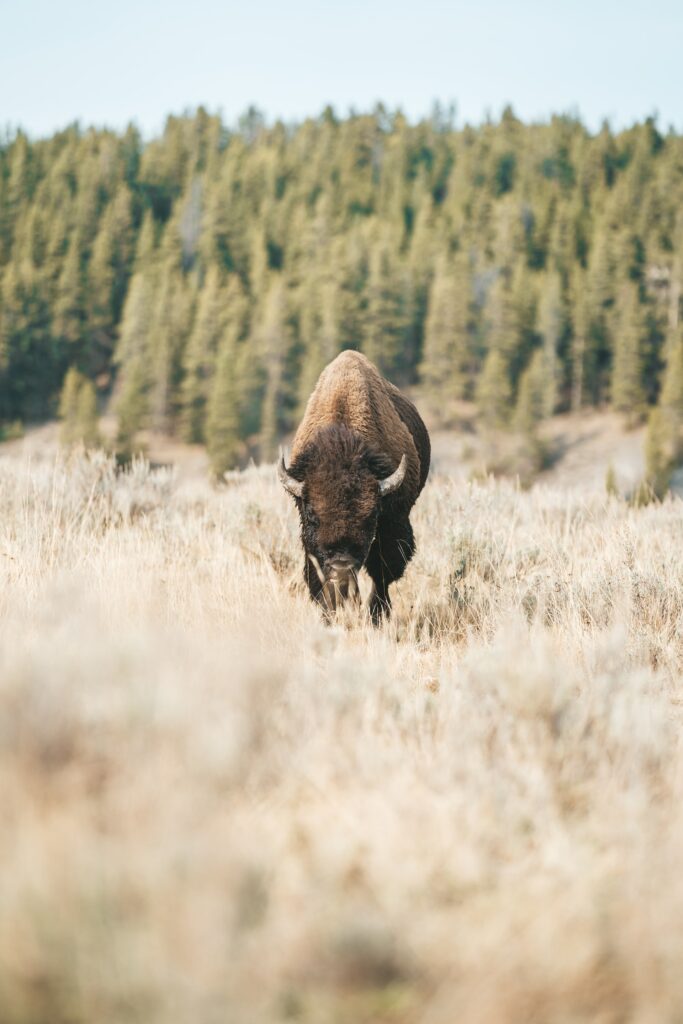
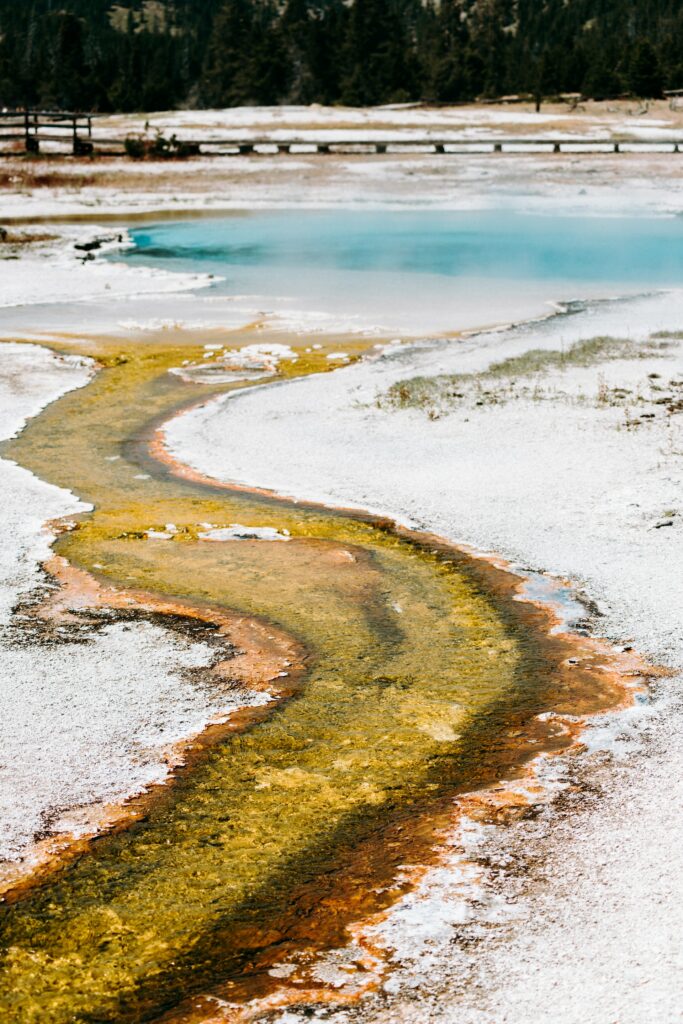
Read: Where are the world’s best safari destinations outside of Africa?
Jim Corbett National Park, India
This park was established in 1936 with the aim of saving and protecting local Bengal Tigers (Jim Corbett National Park is the first park to come under the Project Tiger initiative launched by the Indian government). The park encloses a diverse area of around 200 square miles and features rivers, hills, grasslands, marshes, and lakes. About 75% of this park is covered in dense forest and is home to several species of birds, mammals and reptiles.
Wild animals at this park: Bengal Tiger, Asian Elephants, Indian Rhinoceros, and 500 species of Birds
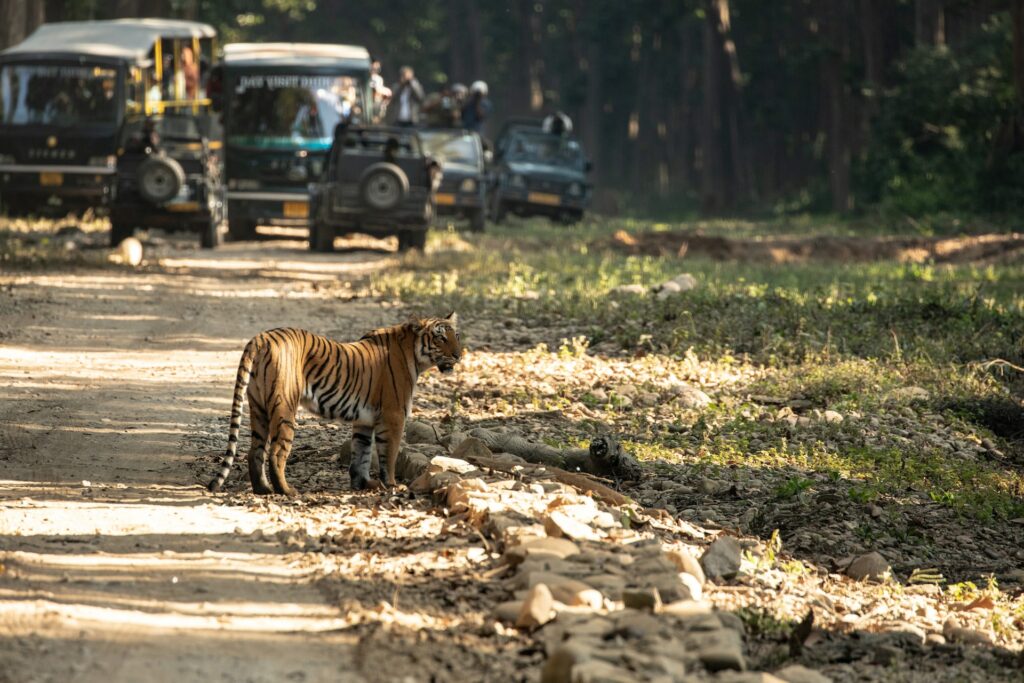
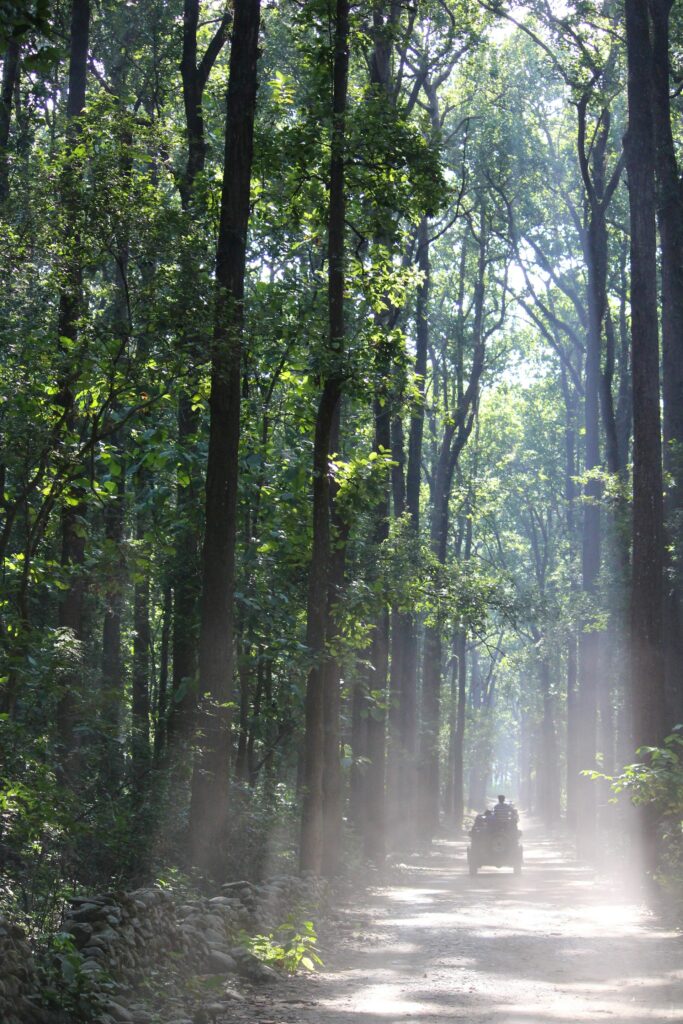
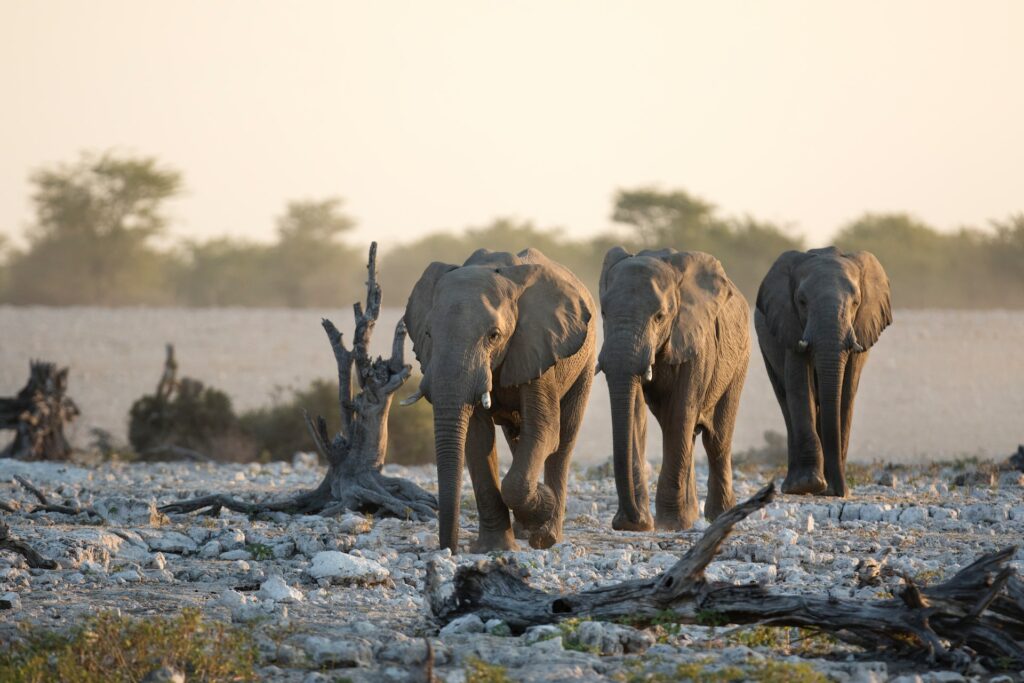
Tarangire National Park, Tanzania
Tarangire National Park boasts an impressive array of wild species sure to entice you to this East African safari mecca. This is the sixth largest park located in Tanzania, covering about 1,100 square miles of land, and encompasses the Tarangire River; a prime spot to witness wild animals since it’s the only source of water for them during the dry season in the region. The best safari tours in Tanzania will have Tarangire on their itinerary, without doubt.
Wild animals at this park: Elephants, Dark Mongooses, Tree-Climbing Lions, and a variety of bird species
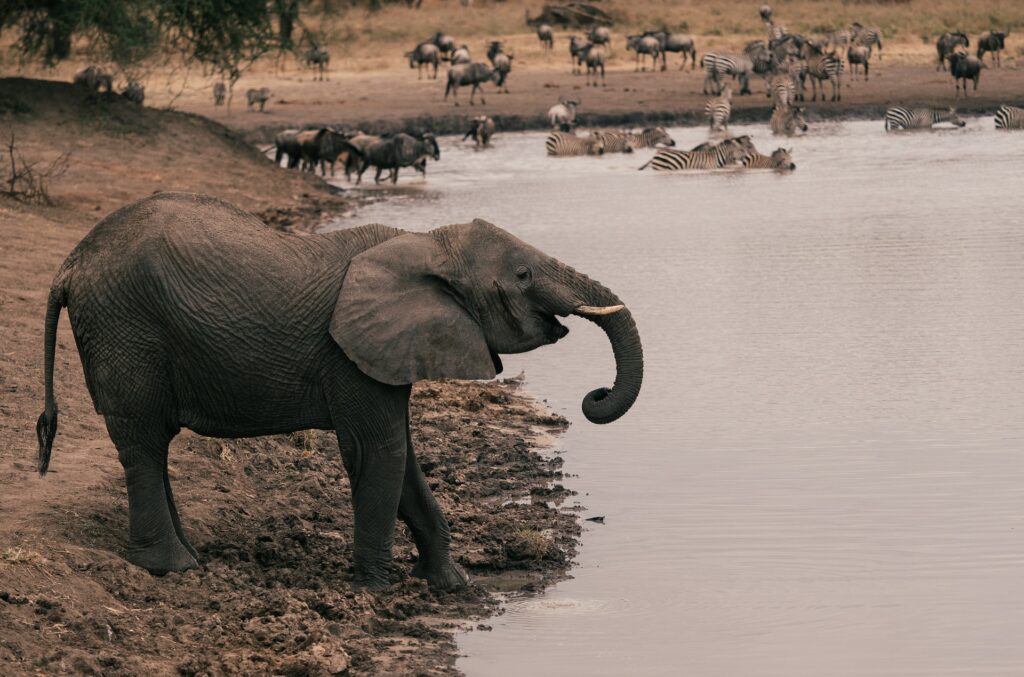
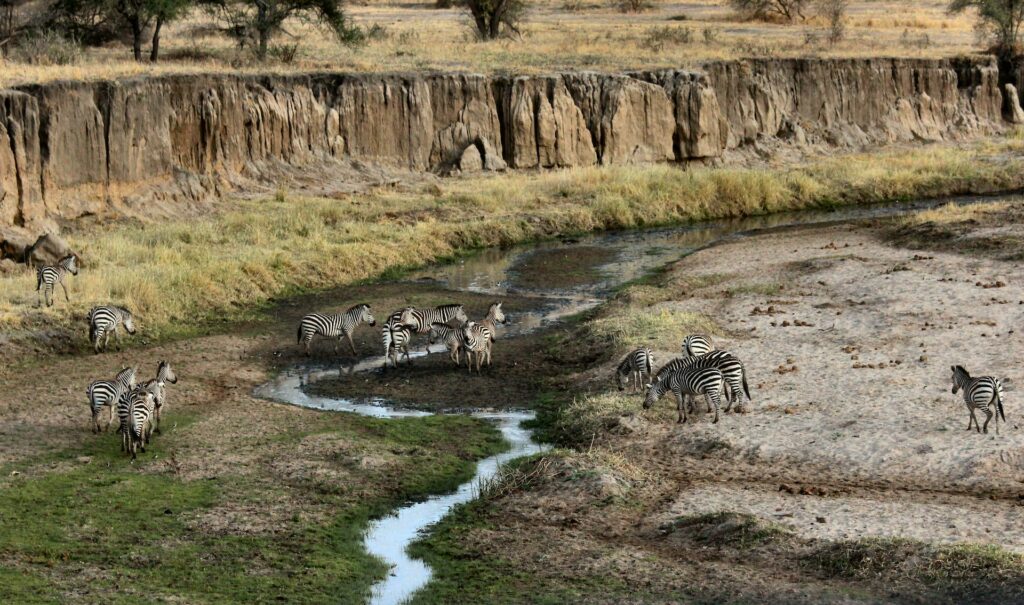
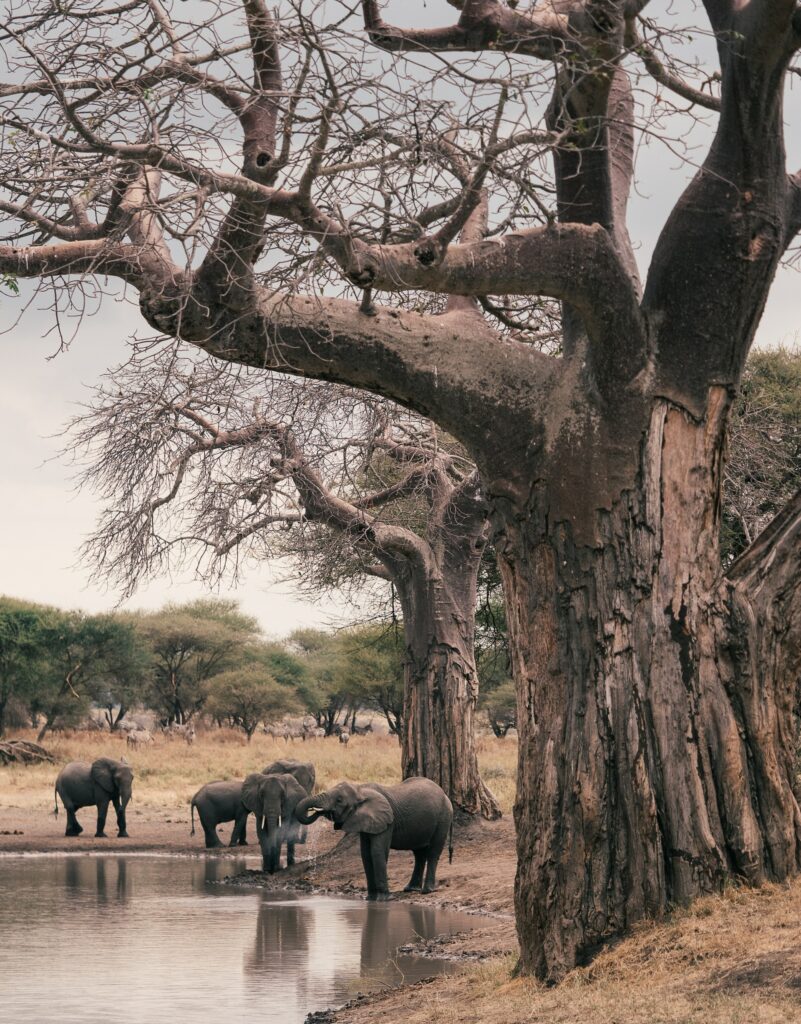
Great Barrier Reef National Park, Australia
The Great Barrier Reef National Park is considered to be one of the 7 wonders of the world and is also a UNESCO World Heritage Site. Though coral reefs are depleting at an alarming rate worldwide, Australia’s Great Barrier Reef is hugely resilient, and one of the only sites where you can still see endangered corals thriving. This national park comprises about 2,900 reefs and 900 islands and extends beyond the underwater world; make sure you also explore the mangroves and salt marshes of the park proper when you’re visiting.
Wild animals at this park: 30 Cetacean species, 1,500 Fish species, Sea Turtles, Stingrays, Sharks, Saltwater Crocodiles, Frogs, and 215 species of Birds
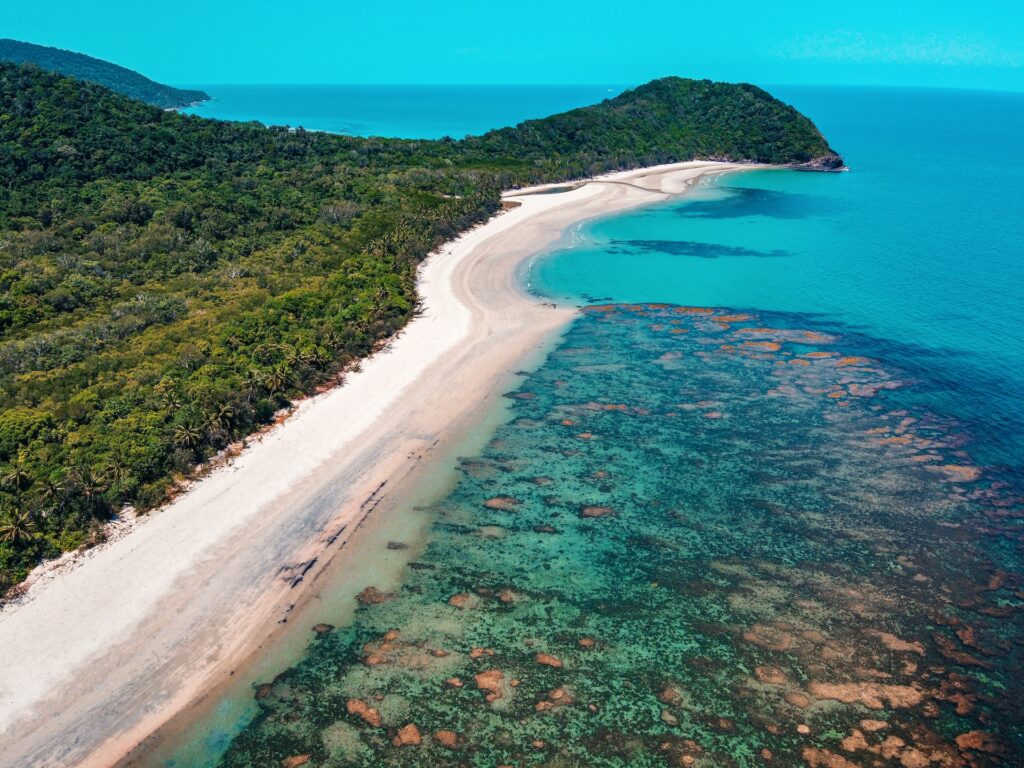
Kruger National Park, South Africa
South Africa’s Kruger National Park shares its border with Mozambique and is one of the largest game reserves in Africa. Indeed, it’s the third largest biosphere reserve in the world and encapsulates two million hectares of grasslands, savannah and forest. You can spot a vast variety of birds, mammals, reptiles and plenty of rare species of wild animals in this national park. Owing to its imposing size, there are nine different gates to enter this national park making all parts of it easily accessible.
Wild animals at this park: Black Rhinos, African Wild Dog, Elephants, Buffalo, Hippos, Giraffes, Impalas, Hyenas, Leopards, Lions, and Zebras.
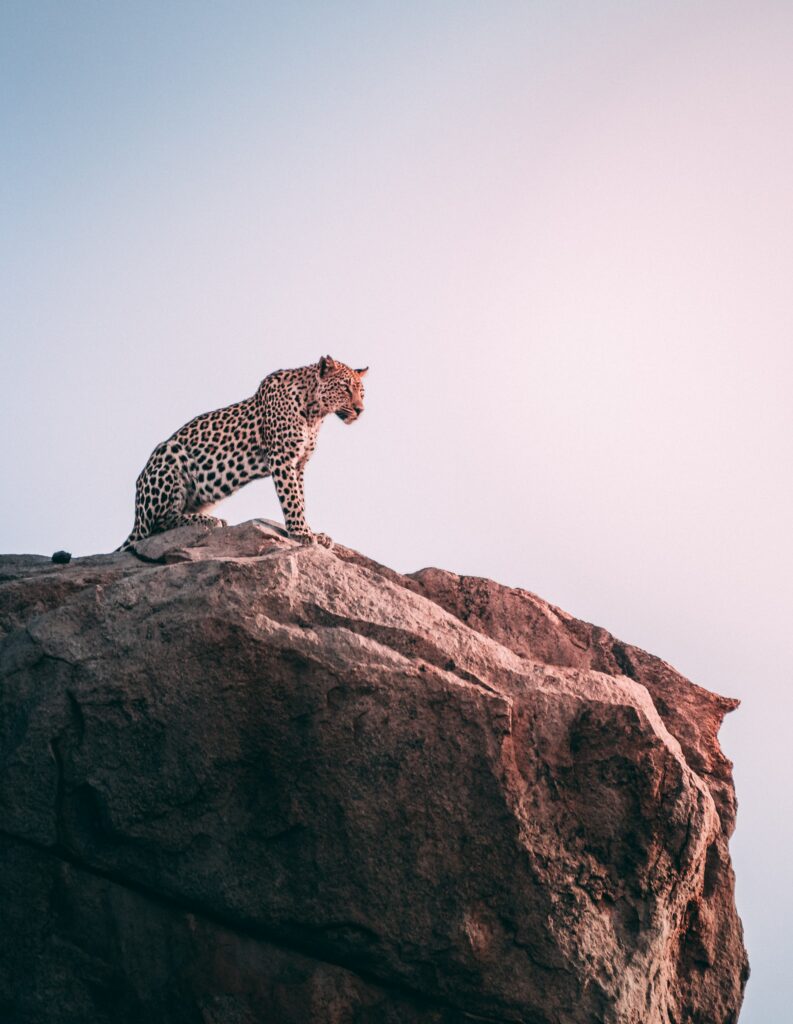
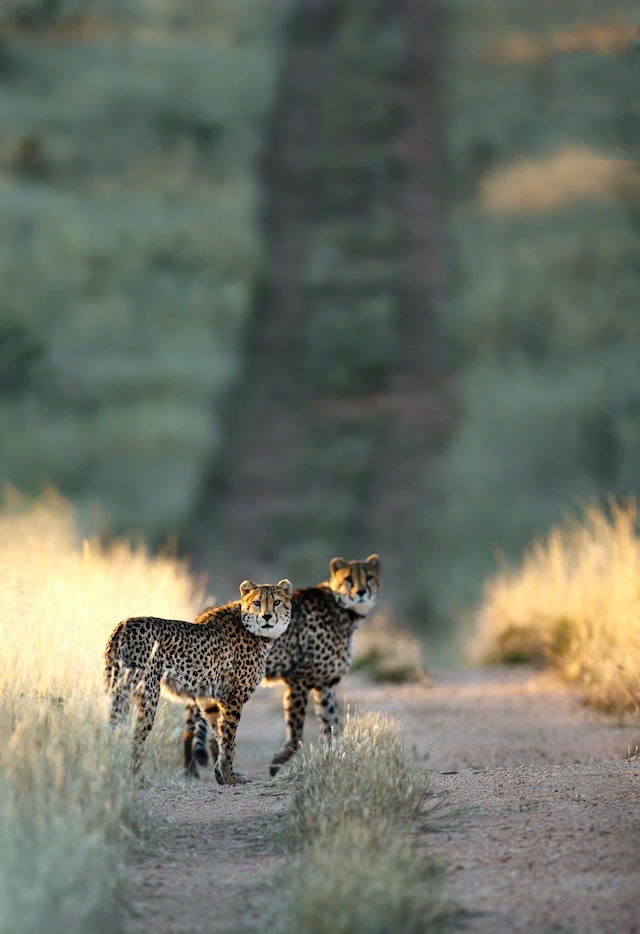
Galapagos National Park, Ecuador
In 1978, Galapagos National Park was declared a “World Heritage Site” by UNESCO and it’s easy to see why; the landscapes here are remarkably diverse. This diversity can be seen in the lush greenery in the highlands of Santa Cruz and the harsh lava fields in Bartolome. Here, a reassuring lack of human intervention means the wild animals of the park are confident and don’t fear humans. This makes spotting them all that bit easier!
Wild animals at this park: Galapagos Tortoise, Marine Iguanas, Blue-Footed Boobies, Galapagos Penguins, Galapagos Sea Lions, Flightless Cormorant, and Waved Albatross
Read: 5 amazing places to photograph wildlife in the Galapagos Islands
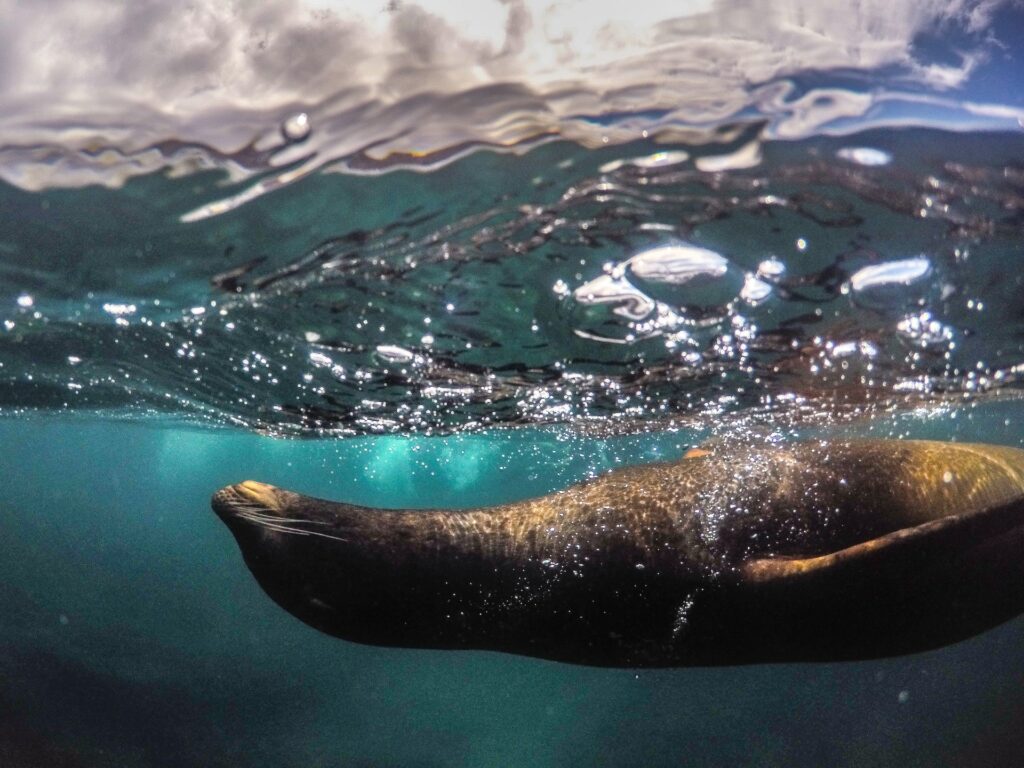
Tikal National Park, Guatemala
Guatemala’s Tikal National Park places as much focus on the country’s cultural history as it does in wildlife and nature; it’s counted as being amongst the most important archaeological sites of prehistoric times during Mayan civilization. In 1979, it was declared as a World Heritage Site by UNESCO and features a landscape encapsulating savannah, wetlands and palm forests where wild animals can be spotted.
Wild animals at this park: Pumas, Jaguars, Anteaters, Monkeys and about 300 different Bird species
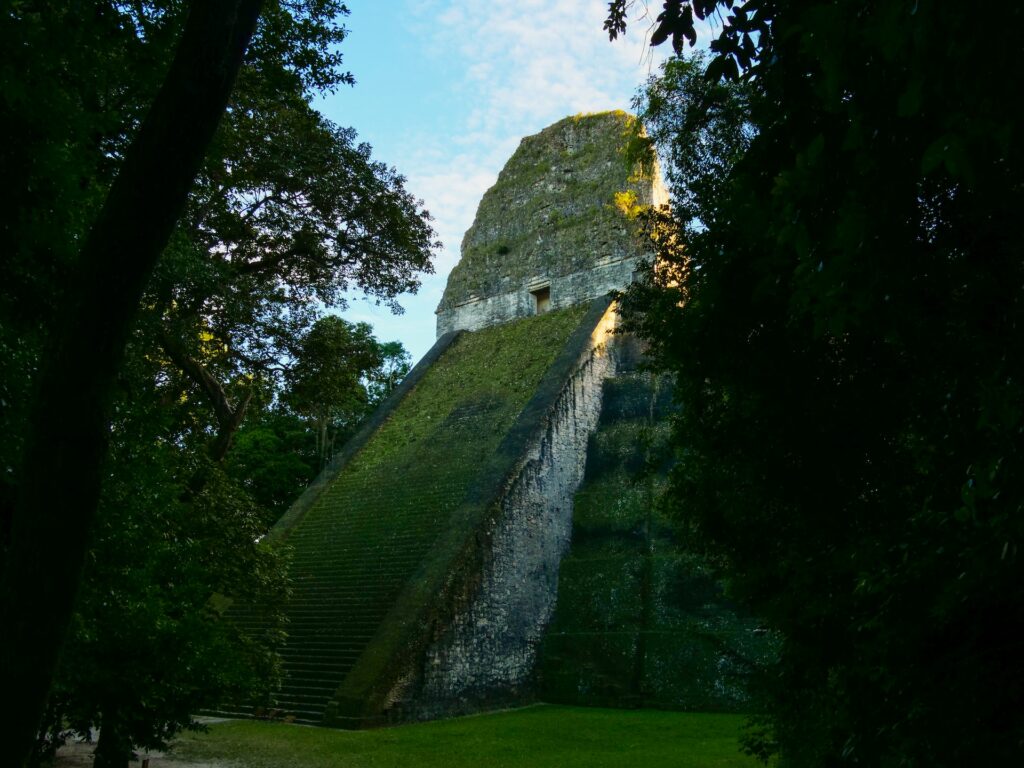
Manú National Park, Peru
Situated at a short distance from the town of Cusco, Manú National Park is emerging as one of the prime spots in the world for birdwatching enthusiasts. In 1987, this park was declared a UNESCO World Heritage Site and covers an area of about 12,000 square miles. This biosphere reserve is the home to about 1000 intriguing species of bird and a few other species of wild animals to boot.
Wild animals at this park: Andean Cock-of-the-Rock, Macaws, Hoatzin, Spix’s Guan, Pumas, Jaguars, Brazilian Tapir, Giant Otters, Spectacled Bears, Capybaras, Sloths, and Monkeys
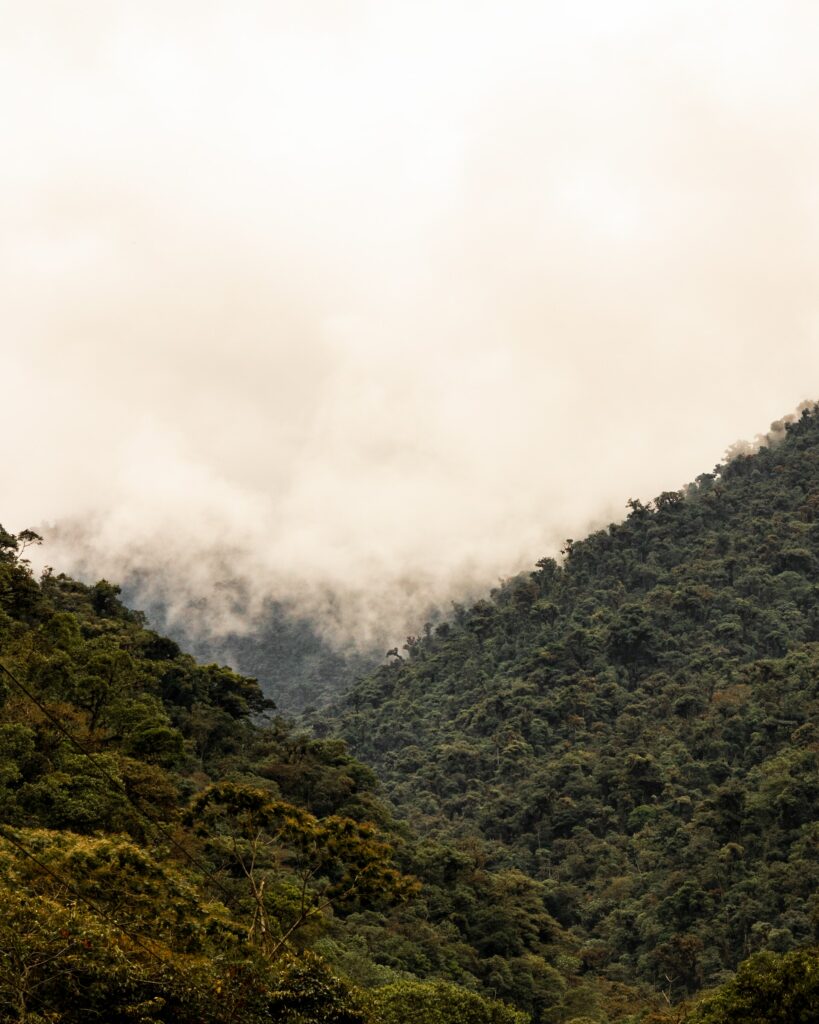
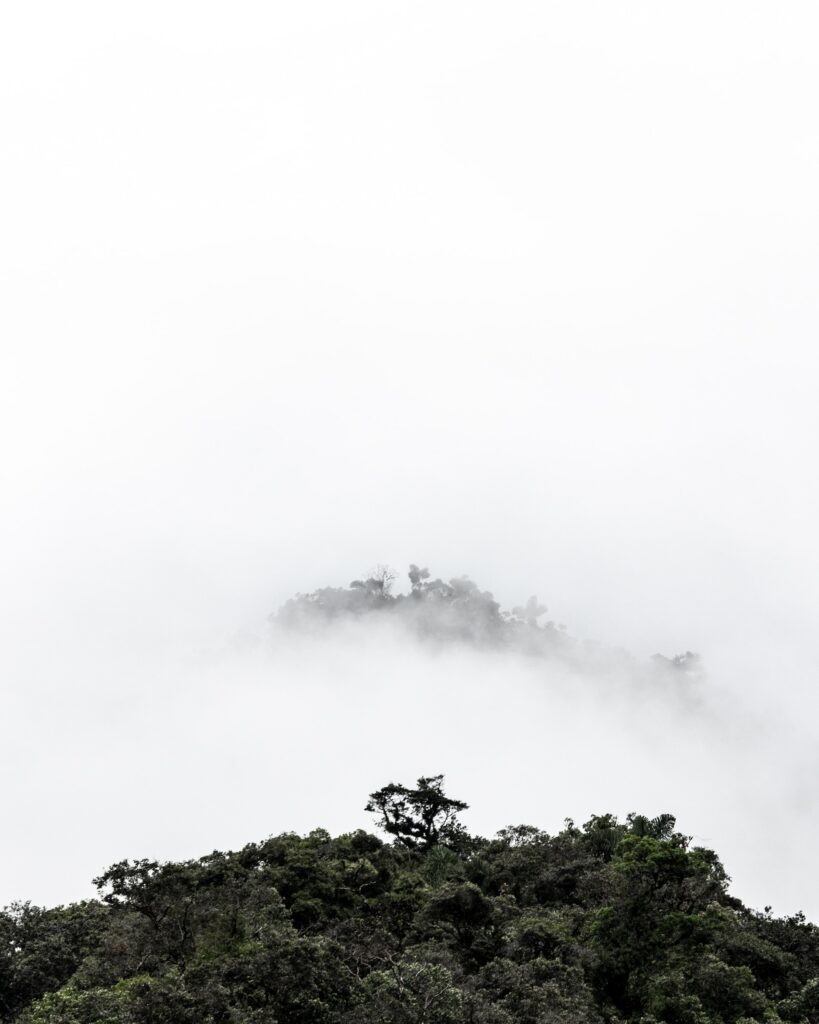
And with that, we hope your wildlife watching needs are well and truly satisfied. Just remember to pack your trekking gear, some binoculars and perhaps a little bravery, and don’t forget to take some photos to show us on your return. Bon voyage!


